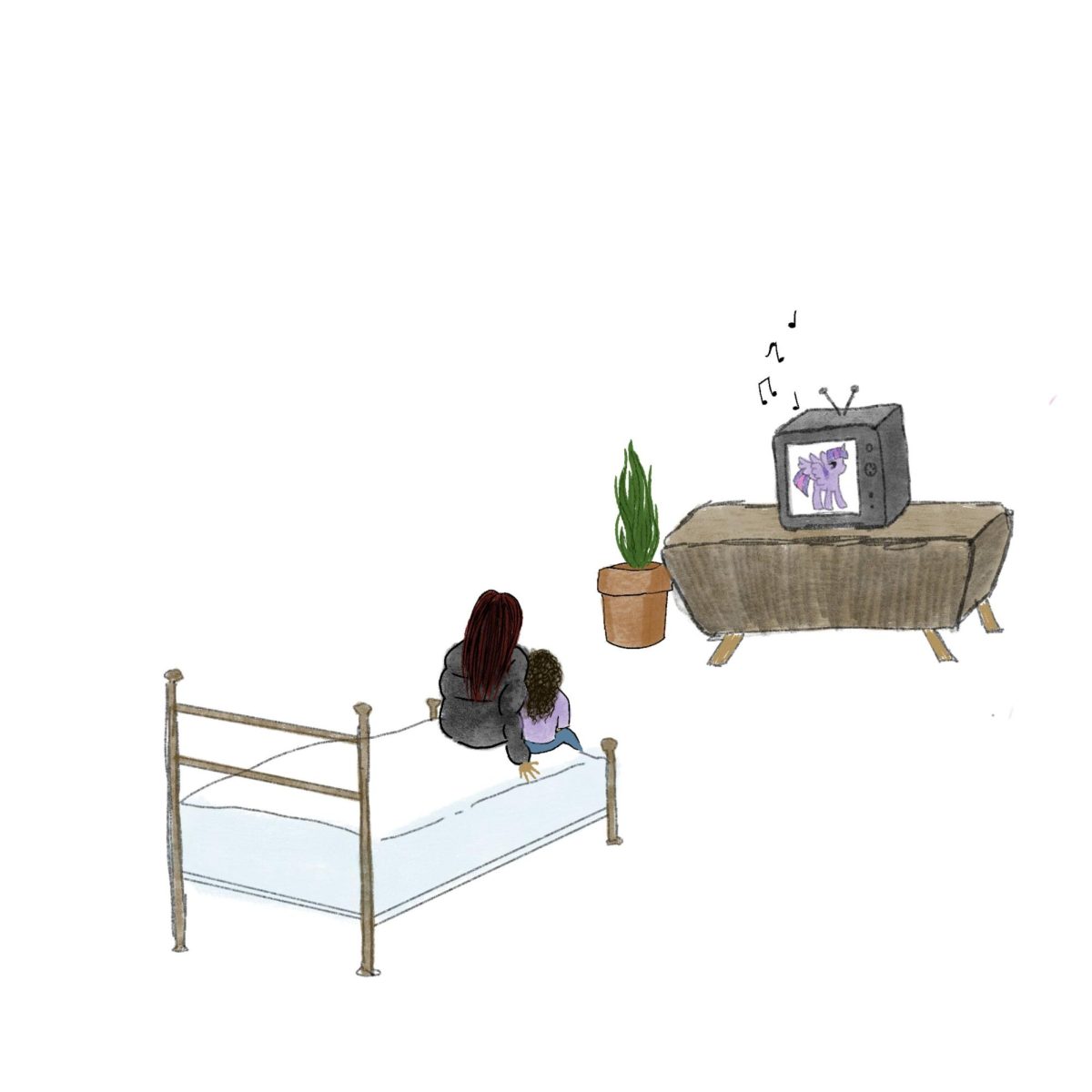We’ve all been there. You finish a great (or terrible) meal at a restaurant. You receive fantastic (or awful) service. But no matter how your meal is going, that moment hits. You get the check, but it’s not the price of the meal that causes the dilemma. A series of confused calculations and “How much do I tip?” is a thought process that most of us have been through.
Despite it being a weekly or even daily experience for most of us, tipping is noticeably less prevalent outside of the U.S. and other countries are doing well without it.
Modern behavior in the U.S. places a heavy emphasis on tipping. To put it bluntly, if you don’t tip, you’re stingy, and you’re effectively taking food out of the workers’ mouths. Unfortunately, how much you tip is perceived as a measure of your character, but tipping is still considered mandatory—no matter how poor the service. Tipping is supposedly a measure of how good of a job your waiter or waitress did, but there are generally specific percentages you are socially obligated to tip. This leaves you wondering, how can you tip quality of service and the expected percentages at the same time?
Research by Cornell food and beverage management professor Michael Lynn shows that tipping is rarely based on the service of the employee, nor is it based on social expectations. Lynn has conducted a series of research studies on the nature of tipping, and they all suggest the same thing: tipping is based on subconscious factors rather than the actual quality of the service provided more often than we’d care to admit. A 2009 study he conducted found that not only do waitresses with larger breasts and smaller body sizes receive more in tips, but that there’s even a correlation between earning more in tips and having blonde hair. Another study by Lynn shows that tips increased from 11.5 percent to 14.9 percent solely based on whether or not a server touched their patron. Even worse, an earlier study by Lynn showed that both white and black patrons tip black waiters and waitresses less than their white counterparts. Although it would not completely eradicate racism in the U.S. eliminating tipping from our society would be a much-needed step in the right direction. Evidently, tipping isn’t distributed to all waiters and waitresses evenly, which illustrates just how unfair it is. The subject can best be summarized by Lynn himself: “The weather outside has as much of an influence on tipping as does the actual service.”
Despite tipping having its roots in Europe, it is now far more prevalent there than in the U.S. In England, it’s standard to tip five to 10 percent for particularly good service, but not mandatory. In France, a 15 percent service charge is automatically included in every restaurant’s bill, and that sum provides servers with at least a $2,000 monthly wage, which is slightly more than France’s minimum wage. In Japan, not only is tipping not expected, but it’s considered rude, as good service is expected of every worker. The average waiter or waitress makes around $2,050 monthly, which is above the $1,658 monthly average of the U.S. Tipping is far less common in the rest of the world, and yet their waiters and waitresses are better off.
Many people argue that tipping works because when a restaurant is busy, servers receive a greater amount of tips, and waiting becomes increasingly lucrative. However, although the remainder of the restaurant staff, especially the cooks, works just as hard, those employees usually aren’t paid relative to it. The Fair Labor Standards Act prevents employees who don’t work in customer service from receiving the money from tips. This is because it prevents tip pooling, or the process of sharing the tips that the waiters receive with the employees that aren’t directly receiving tips, such as the kitchen staff. Even when the tipping system is working for the waiting staff, it isn’t working for all of the restaurant staff. Eliminating tips and paying all of the workers at least minimum wage would solve this because they would not only get paid consistently but equally.
Tipping is clearly is a problem– it perpetuates inequality, creates confusion, and underpays the restaurant staff. Thankfully, it can be easily solved by getting rid of tipping entirely. This system is already in place and working well in other countries, so it can be similarly implemented in the U.S. Specifically, replacing tipping with a mandatory service charge and paying waiters and waitresses at least the minimum wage. Not only would this help out the waiters, but the rest of the restaurant staff would benefit from this as well because currently the kitchen staff isn’t allowed to use the money from tips. Using a service charge would mean that the money can be distributed to both the waiting staff and kitchen staff because it doesn’t only go to the waiters, but rather everyone involved in the process. Eliminating tipping would not only even the playing ground in restaurant pay but would promote equality in the U.S.


